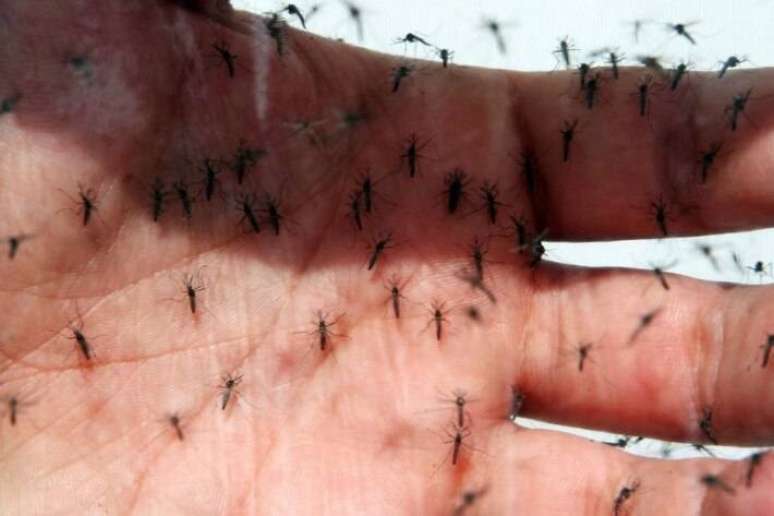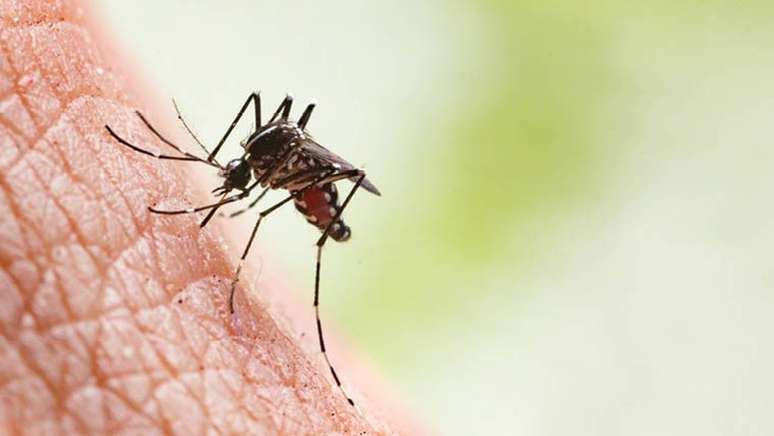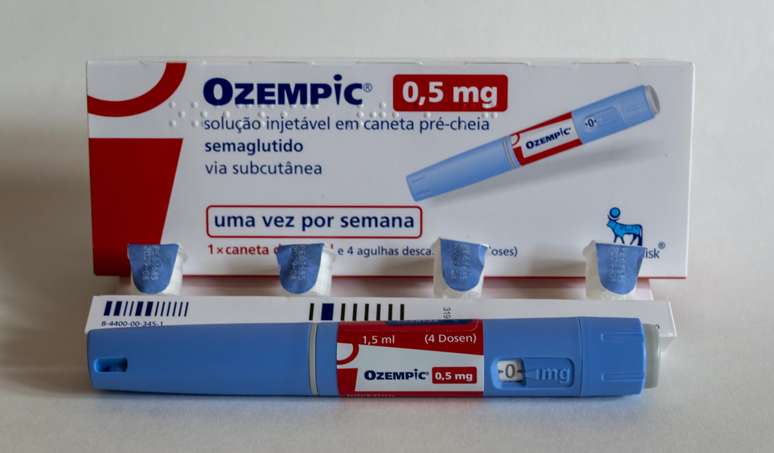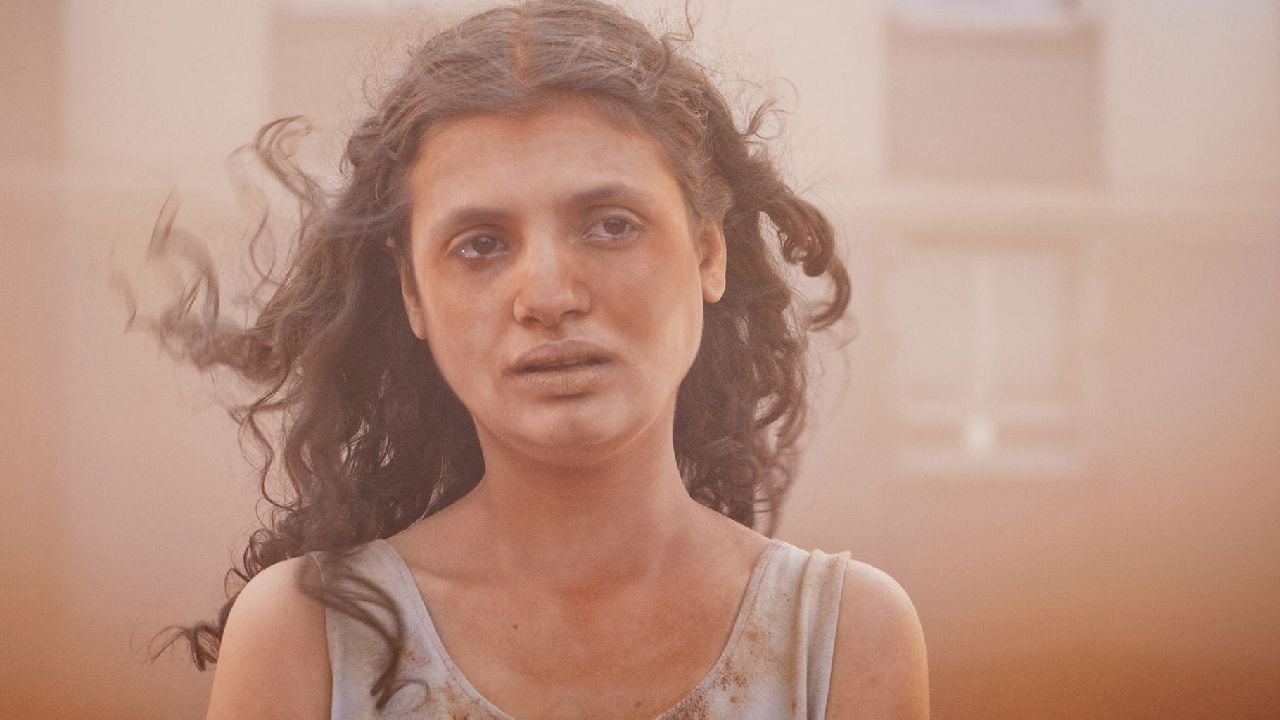The immunizer is indicated for people aged 4 to 60 with or without previous virus infection; The vaccine previously approved by Sanofi Pasteur cannot be used in people who have never had the disease
A National Health Surveillance Agency (Anvisa) approved this Thursday 2, a new vaccine against denguedeveloped by the Japanese pharmaceutical company takeda. The product, called Qdenga, was found to be 80% effective in clinical trials.
html[data-range=”xlarge”] figure image img.img-6bfd65979d1e5e5f4a80598c6298c88e6ug9kb9c { width: 774px; height: 436px; }HTML[data-range=”large”] figure image img.img-6bfd65979d1e5e5f4a80598c6298c88e6ug9kb9c { width: 548px; height: 309px; }HTML[data-range=”small”] figure image img.img-6bfd65979d1e5e5f4a80598c6298c88e6ug9kb9c, html[data-range=”medium”] figure image img.img-6bfd65979d1e5e5f4a80598c6298c88e6ug9kb9c { width: 564px; height: 318px; }
It is the second vaccine against the disease to be registered in Brazil, but the first that could truly change the course of disease epidemics. This is because the first vaccine, from the Sanofi Pasteur laboratory and approved in the country in 2015, was rejected by most countries as a prevention strategy because it is only recommended for those who have already contracted some dengue serotype, since it increases the onset of the form severe disease in people who have never been infected with the virus before. It also has the age range for which it is indicated as a limit: from 9 to 45 years old.
The Japanese Pharmaceutical Immunizer is indicated for people between the ages of 4 and 60, with or without a history of dengue. The product protects against the four serotypes of the mosquito-borne virus Aedes aegypti. According to Anvisa, the vaccine will be administered subcutaneously in a two shotswith an interval of three months between applications.
“The demonstration of efficacy of the Qdenga vaccine is supported primarily by the results of a large-scale, Phase 3, randomized, placebo-controlled study conducted in dengue-endemic countries with the aim of assessing efficacy, the safety and immunogenicity of the vaccine”, Anvisa justified in announcing the approval.
According to Takeda, Qdenga’s clinical trials had 28,000 participants, with more than four years of volunteer follow-up in the last phase of the study. In addition to the overall efficacy of 80.2%, the vaccine achieved 90.4% protection against hospitalizations for the disease 18 months after vaccination. Qdenga is manufactured with live attenuated dengue virus serotype 2.
Takeda applied to register with Anvisa in 2021. The process, according to the agency, took time because additional data was requested. The vaccine “continues to be monitored for adverse events through pharmacovigilance actions under the responsibility of the company”.
Anvisa stressed that the immunizer received a positive recommendation from the European Health Agency (EMA) and was approved for marketing on the continent in December last year.
Also according to the agency, the technical analysis that supported the approval of the vaccine included a roundtable with experts on the subject, held in January.
Price and inclusion in the SUS are still to be defined
There is no forecast yet on when the vaccine will be available on the market. It will first have to go through the pricing process with the Chamber of Market Regulators for Medicines (CMED), which usually takes months.
Furthermore, it is not yet possible to say whether the product will be integrated into the Unified Health System (SUS) to be offered in national vaccination campaigns. For this, a cost-effectiveness assessment is carried out by the National Commission for the Incorporation of Technologies (Conitec), a body linked to the Ministry of Health.
Therefore, the product is unlikely to be available now for the current peak case season, which traditionally runs from February to April. There has been a 46 per cent increase in the number of dengue cases this year compared to the same period last year, according to the ministry’s most recent data.
The Butantan Institute vaccine, the only one to enter the final phase of studies other than Sanofi and Takeda products, recorded an efficacy of 79.6% in phase 3 tests, according to preliminary data, but should have its research completed and final results known only in 2024 .

Source: Terra
Ben Stock is a lifestyle journalist and author at Gossipify. He writes about topics such as health, wellness, travel, food and home decor. He provides practical advice and inspiration to improve well-being, keeps readers up to date with latest lifestyle news and trends, known for his engaging writing style, in-depth analysis and unique perspectives.








